Who America’s Enemies Are Rooting For Between Trump And Kamala
Recent reports reveal that a hacking and document leak campaign targeting Donald Trump’s presidential campaign has ties to Iran. While the campaign also targeted the now-defunct Biden campaign, only Trump’s campaign documents were released. This incident highlights the significant global interest in the upcoming presidential election, particularly from nations with specific preferences for who leads the U.S.
Iran’s motivations for supporting a Biden or Harris administration are apparent. Key figures in Kamala Harris’s foreign policy team, including her national security adviser Phil Gordon, advocate for diplomatic engagement with Iran. They support strategies such as offering sanctions relief to encourage Iran to curb its nuclear ambitions and oppose aggressive actions against Iran’s nuclear infrastructure and its terrorist proxies. The Biden administration has been notably restrained in its responses to Iranian attacks on U.S. military positions and has pressured Israel to avoid actions that might provoke further conflict with Iran. Harris, in particular, has been more critical of Israel than Biden, which aligns with Iranian interests that would benefit from a reduction in U.S.-Israeli cooperation and a return to policies reminiscent of the Obama administration’s approach to Iran.
In contrast, the Trump administration’s “maximum pressure” campaign against Iran involved strict sanctions, the exit from the 2015 nuclear deal, and the targeted killing of Qassem Soleimani. These measures severely impacted Iran’s economy and its ability to support regional allies. Trump’s robust stance against Iran contrasts sharply with the potential for a more accommodating approach under Harris, which Iran would likely view as more favorable.
Russia’s preference for Trump’s return to the White House is clear. Despite some claims that Putin might prefer Biden, the reality is that Trump’s presidency represents a strategic opportunity for Russia. Trump’s transactional approach to international relations contrasts with Harris’s commitment to strong support for Ukraine and traditional alliances. Trump’s willingness to negotiate directly with Russia and his unpredictability are aspects that Putin finds advantageous, even if Trump’s early presidency saw significant support for Ukraine and robust intelligence and military actions against Russia.
North Korea also sees benefits in a Trump presidency. Kim Jong Un values the personal rapport he developed with Trump, which allowed him to bypass the more skeptical elements of the U.S. national security apparatus. Kim would likely hope for substantial sanctions relief in exchange for limited denuclearization, taking advantage of Trump’s less detailed approach to international agreements.
Regarding China, the latest U.S. intelligence assessments suggest that Beijing does not have a clear preference between Trump and Biden. However, with Kamala Harris’s advisors advocating for a more conciliatory approach to China, Beijing might find Harris’s potential presidency more predictable and less confrontational compared to Trump’s assertive stance, which includes high defense spending and tariffs. Harris’s advisors, such as Tim Walz and Phil Gordon, have shown a more dovish approach towards China, potentially aligning with China’s strategy of gradually increasing its global influence while seeking concessions from the U.S.
In summary, the different expectations and strategic interests of these global adversaries will influence their actions as the election nears. While Iran’s actions might not directly aid Harris, they could inadvertently strengthen Trump’s position by galvanizing pro-Israel voters. Each adversary’s strategy underscores the complexities of international politics and the impact of U.S. presidential elections on global dynamics.

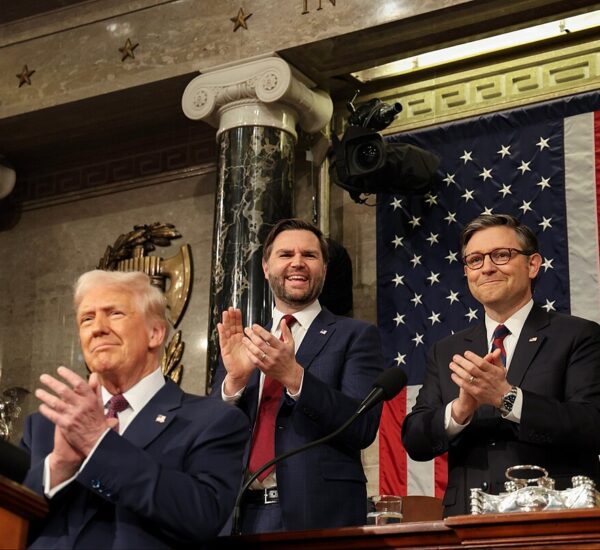
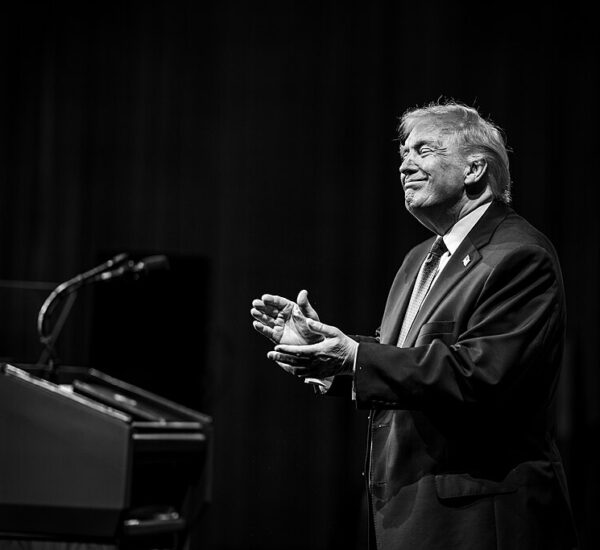
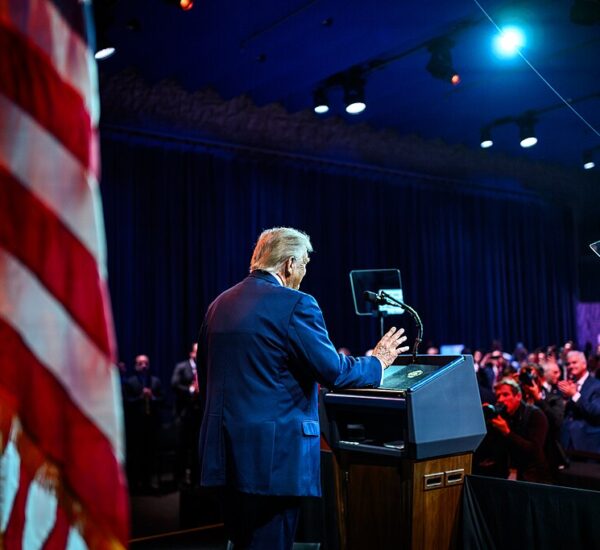
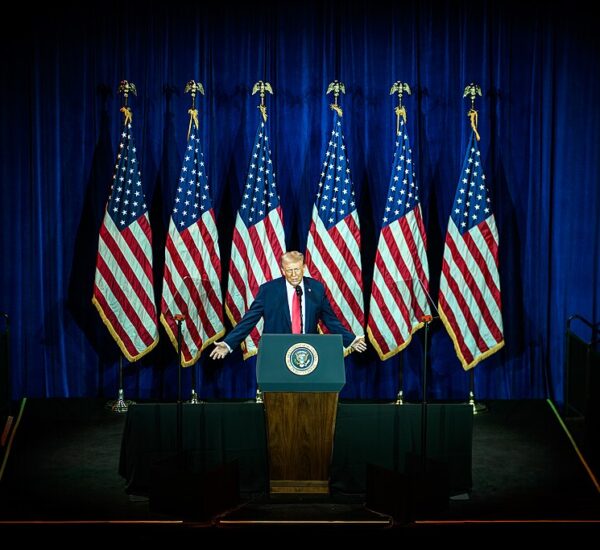
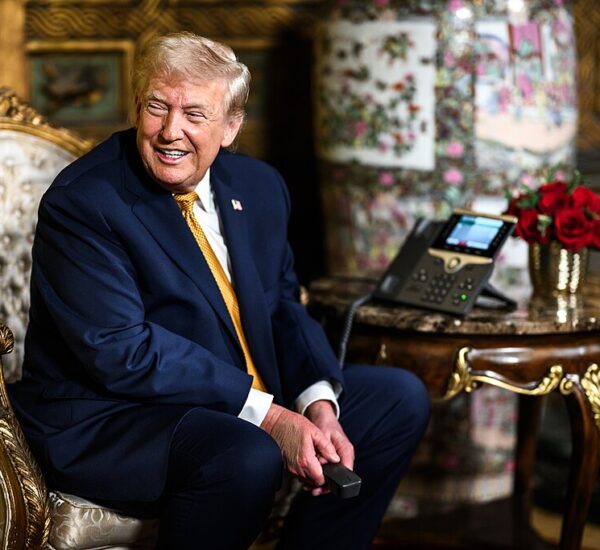

Trump
Needs to use accurate facts, stop calling people names and show professionalism. He is starting to loose voters if it keeps up. Just point out the two before him did not help the people, just their greedy socialists selves. Concerned conservative professional.